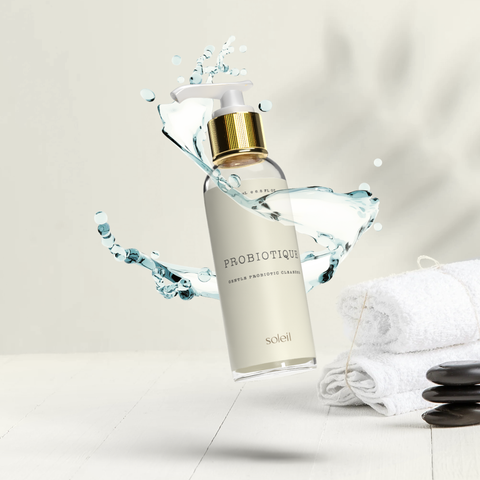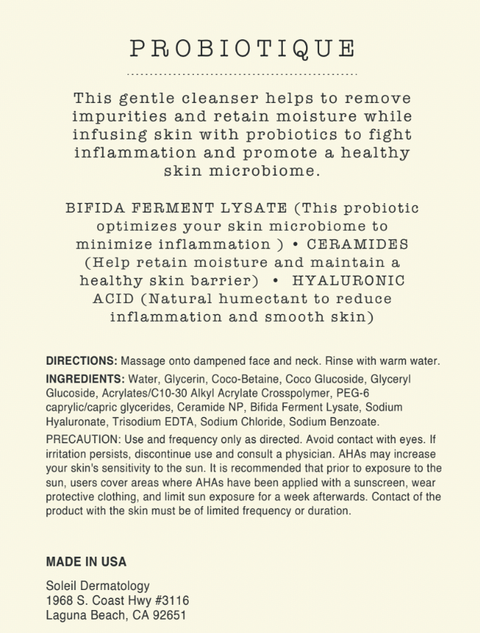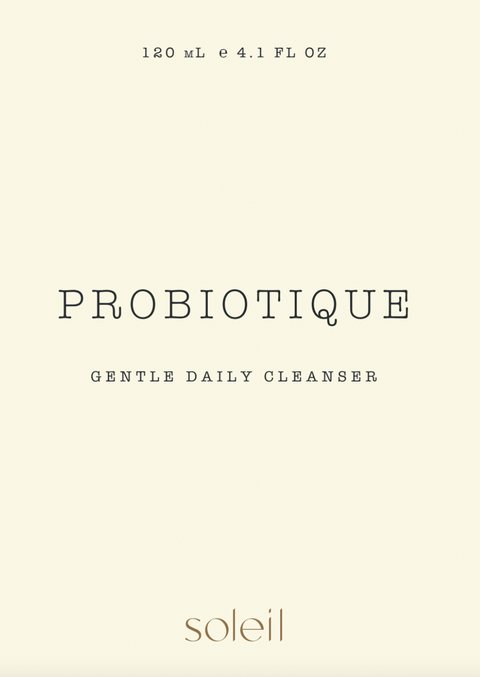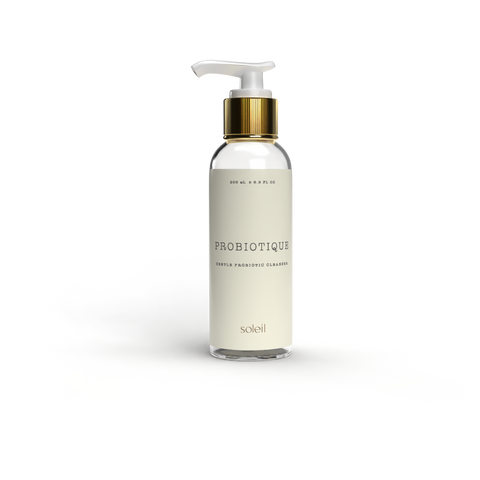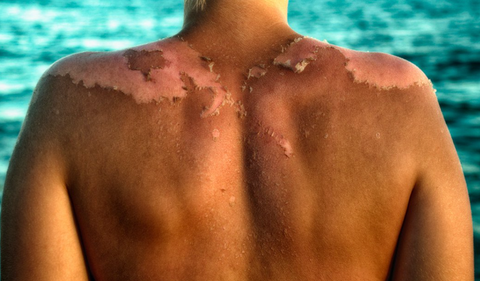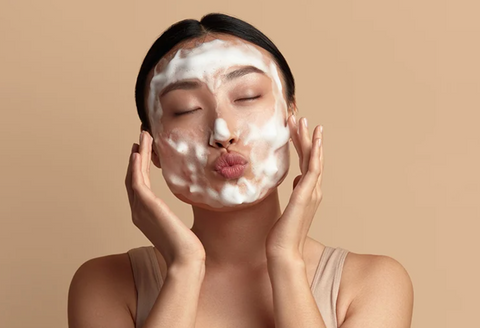Perimenopause and Hair Thinning: Causes and Solutions
Perimenopause, the transitional phase leading up to menopause, brings a variety of physical and emotional changes for women, and one of the distressing ones can be hair thinning. While it's a natural part of the aging process, hair thinning during perimenopause can still come as an unwelcome surprise. Understanding why this happens and exploring solutions can help women navigate this change more effectively.
Why Does Hair Thinning Happen During Perimenopause?
Perimenopause typically begins in a woman’s 40s and can last anywhere from a few months to several years. During this time, hormone levels, particularly estrogen, start to fluctuate and drop. These hormones play a significant role in hair growth, and when estrogen declines, the hair’s growth cycle can become disrupted, leading to slower growth and increased shedding.
In addition to hormonal shifts, other factors can exacerbate hair thinning, such as:
- Stress: As women deal with both the physical symptoms of perimenopause and potential life stresses (like family responsibilities, career changes, or personal concerns), stress can take a toll on hair health.
- Diet: Nutritional deficiencies during this stage of life can lead to hair loss. Key nutrients like iron, and vitamins D and B12, and thyroid hormone are essential for maintaining healthy hair.
- Genetics: If you have a family history of hair thinning, you might be more prone to experiencing hair loss during perimenopause.
Recognizing Hair Thinning
Hair thinning during perimenopause might manifest as:
- A widening part
- More hair shedding in the shower or on your pillow
- Thinner ponytails
- A noticeable reduction in hair volume and change in texture
Though it can be concerning, it’s important to remember that hair thinning during perimenopause is common and there are various ways to manage it.
Solutions for Hair Thinning During Perimenopause
- Hormone Replacement Therapy (HRT) For some women, hormone replacement therapy can help regulate the decline in estrogen, potentially mitigating the effects of hair thinning. However, HRT isn’t suitable for everyone, and it's important to discuss the risks and benefits with your gynecologist.
- Topical Treatments Over-the-counter treatments like minoxidil have been shown to improve hair density and slow down hair loss. Minoxidil increases blood flow to follicles and can promote regrowth, but consistency is key. Results can take a few months to become noticeable.
- Nutritious Diet A balanced diet rich in vitamins and minerals can improve hair health. Focus on incorporating:
- Protein: adequate protein intake is essential.
- Iron: Foods rich in iron (such as spinach, lean meats, and lentils)
- Omega-3 Fatty Acids: Found in fish like salmon, omega-3s help maintain scalp health and promote stronger hair.
- Hair Growth Supplements: Certain supplements can support hair health during perimenopause by providing nutrients that may be harder to get through diet alone. While it's always best to consult a healthcare provider before starting a new supplement, here are some that may help with hair thinning:
- Marine Collagen: This type of collagen, derived from fish, can promote healthier hair by supporting the structure of hair follicles and providing essential amino acids that strengthen hair and improve its elasticity.
- Ashwagandha: Known for its adaptogenic properties, ashwagandha can help balance stress hormones like cortisol, which may play a role in hair thinning. By reducing stress and inflammation, it can support overall hair health.
- Saw Palmetto: This plant extract may help inhibit the production of DHT, a hormone linked to hair loss in both men and women. Saw palmetto has been studied for its potential to slow hair thinning and even promote regrowth.
- Horsetail Stem and Leaf: Rich in silica and antioxidants, horsetail can help strengthen hair, improve texture, and promote healthier growth by supporting collagen production and reducing inflammation in the scalp.
These supplements, when taken consistently, may support hair health by nourishing hair follicles, reducing stress, and helping to maintain balanced hormones, all of which are crucial for minimizing hair thinning during perimenopause.
- Stress Management Managing stress through practices like mindfulness, meditation, yoga, and regular exercise can positively impact not only your mental well-being but also your hair health. Chronic stress can exacerbate hair thinning, so finding healthy coping mechanisms is crucial.
- Scalp Care Gentle scalp massages can increase blood flow to hair follicles, encouraging healthier hair growth. Look for scalp treatments or serums that nourish the scalp and promote circulation.
- Switch to Gentle Hair Care Products Hair can become more fragile during perimenopause. Switching to sulfate-free shampoos and conditioners, avoiding excessive heat styling, and using wide-tooth combs can help reduce breakage and further thinning. Consider deep conditioning treatments to add moisture and strength to your strands.
- Consult a Dermatologist If hair thinning becomes severe, it’s worth consulting with a dermatologist who can recommend treatments tailored to your specific condition. Dermatologists may also test for other underlying causes of hair thinning, such as thyroid disorders or scalp conditions.
Embracing Change with Confidence
Hair thinning during perimenopause can be a challenge, but it’s important to remember that it’s a common experience and there are solutions available. Whether through lifestyle adjustments, topical treatments, or dietary changes, taking proactive steps can help slow down or reverse thinning hair. Additionally, finding ways to embrace these changes—whether through new hairstyles, wigs, or simply redefining beauty standards—can empower women to feel confident during this transformative stage of life.
Taking care of your hair during perimenopause is about more than just appearance—it’s about feeling your best. By understanding the changes happening in your body and implementing strategies to support hair growth can help you feel your best.

